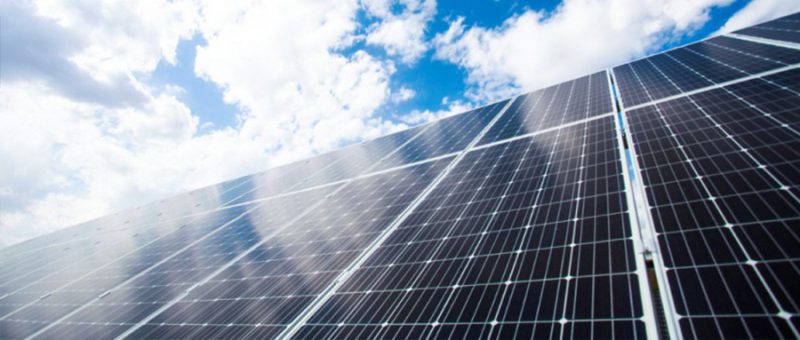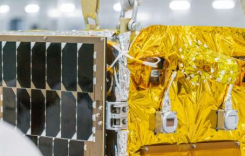PVTIME – According to a new scenario analysis by McKinsey, persistent tariff increases between the United States, the European Union and China could lead to a 10% reduction in solar and energy storage installations across Europe and America by 2035. Rising costs and supply chain disruptions may slow down the pace of clean energy adoption. Although technological progress is expected to support long-term growth, policy uncertainty is becoming a key factor in the transition to cleaner energy sources.

The report’s ‘high-impact’ scenario involves the US imposing 60% tariffs on Chinese goods and 20% on products from other regions, while the EU applies 47.7% tariffs on Chinese solar modules and batteries. Under this scenario, US solar installations would be 9% lower than the baseline projection, reaching 512GW by 2035. The EU’s solar capacity would fall by 7% to 750GW, and European battery energy storage system (BESS) installations could decline by 10%.
McKinsey’s analysis suggests that tariffs would directly increase the cost of projects in Europe and the US, causing construction delays. Solar modules, which rely heavily on production in China, could see local project costs rise by 15–20% due to trade barriers. Nevertheless, the substantial decrease in solar technology costs between 2022 and 2023, with module prices dropping by over 60%, indicates that the total number of solar installations in Europe and the US could exceed current levels by more than threefold by 2035, even under tariff pressures.
The report highlights that battery energy storage systems are likely to be less impacted by trade disputes than solar power systems. This is largely because the supply of battery raw materials, such as lithium and cobalt, is widely distributed, with reserves in Latin America, Africa, and Australia. In contrast, the production of solar modules is highly concentrated in China, which accounts for over 80% of global capacity. Furthermore, the EU’s plan to increase BESS installations fivefold over the next decade, alongside efforts to diversify supply chains, could help to mitigate some of the impact. Simon Flores, a partner in McKinsey’s energy practice, has stated that the localised production capacity and dispersed raw material sources of energy storage systems make them more resilient during tariff disputes.

Scan the QR code to follow PVTIME official account on Wechat for latest news on PV+ES











